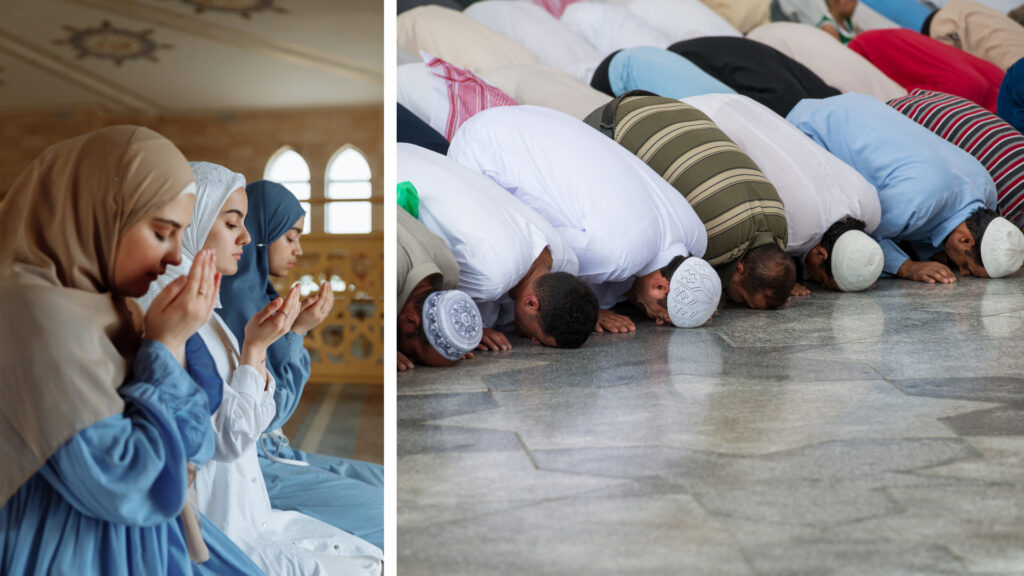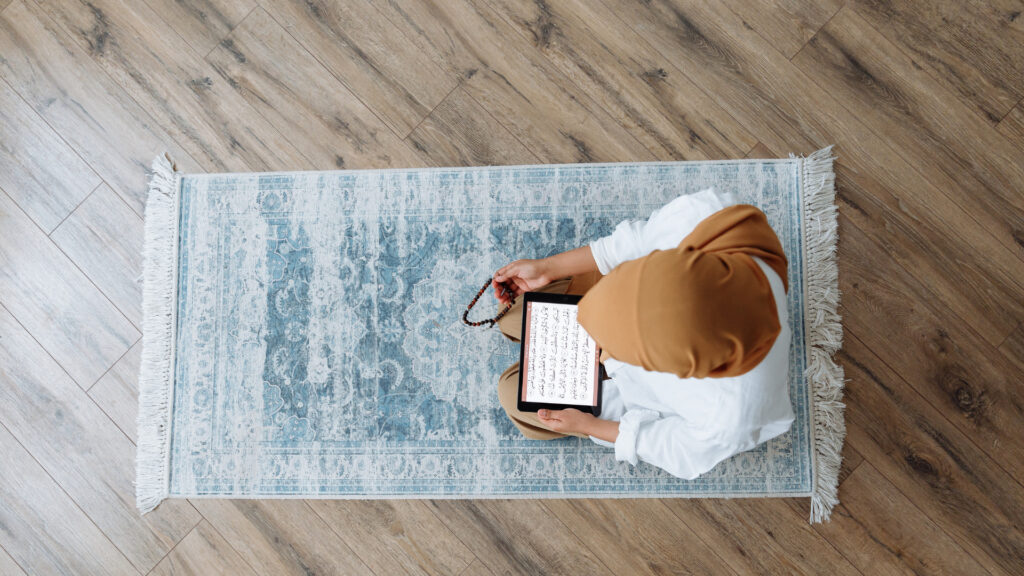How to make the Most of Ramadan in Australia
Ramadan is increasingly important in Australia because of the growing Muslim community in the country. Muslims are one of the fastest-growing religious groups in Australia, and Ramadan is a significant time for the community to come together, strengthen their faith, and build connections with each other. In this blog, you will find all you need to know to Make the Most of Ramadan in Australia.
Where did Ramadan originate?
Ramadan is a holy month in the Islamic calendar during which Muslims fast from dawn until sunset. It is believed to have originated in the city of Mecca, in modern-day Saudi Arabia, in the early 7th century. The exact origin of Ramadan is not clear, but it is believed to have been established by the Prophet Muhammad, who received the first revelations of the Quran during this month.
Here’s the interesting part…
According to Islamic tradition, Ramadan began in the year 610 CE, when the Prophet Muhammad received his first revelation from God through the angel Gabriel. The revelation came during the month of Ramadan, and Muslims believe that it marked the beginning of the prophethood of Muhammad and the revelation of the Quran.
Initially, fasting during Ramadan was optional, but it became mandatory for all adult Muslims in the second year of the Islamic calendar. Since then, Muslims have observed Ramadan every year as a time for spiritual reflection, self-discipline, and increased devotion to God.

What is the reason behind Ramadan fasting?
Ramadan fasting is an essential pillar of Islam, and it has both spiritual and physical benefits.
From a spiritual perspective, the primary reason behind Ramadan fasting is to fulfil one of the five pillars of Islam: to observe fasting during Ramadan.
Fasting purifies the soul, cultivates self-discipline, and strengthens one’s relationship with God. Muslims believe that during Ramadan, the gates of heaven are open, and the gates of hell are closed, and fasting helps them to become closer to God and seek His forgiveness.
From a physical perspective, Ramadan fasting has been shown to have many health benefits. It gives the digestive system a break, allowing the body to rest and repair itself. It can also help to regulate blood sugar levels and improve insulin sensitivity.
Additionally, fasting has been shown to have anti-inflammatory effects and to help boost the immune system. Overall, Ramadan fasting is a way for Muslims to deepen their spiritual connection with God while benefiting their physical health.
Things you can do if you cannot fast during ramadan
Some reasons why someone may not be able to fast during Ramadan include health conditions, pregnancy, breastfeeding, and menstruation. While fasting during Ramadan is an essential pillar of Islam, there are several other ways that a person can participate in the holy month and earn rewards:
1. Pay Fidya: If someone cannot fast for health reasons, they can pay fidya, a donation made to feed a person in need for each day of missed fasting. This donation can be made to a mosque or a charity organisation.
2. Perform other acts of worship: Muslims can participate in other acts of worship during Ramadan, such as praying, reading the Quran, giving charity, and performing good deeds. These acts can help to strengthen one’s relationship with God and earn rewards.
3. Makeup missed fasting: If someone misses fasting during Ramadan for temporary reasons, such as illness or travel, they can make up the missed days later.
4. Fast at a later time: If someone cannot fast during Ramadan for permanent reasons, such as a chronic health condition, they can fast at a last time when their condition improves or when it is safe for them to do so.
5. Support others: One can support those fasting during Ramadan by cooking iftar meals, providing food for those in need, and helping others fulfil their religious obligations.
There are many ways to participate in the spirit of Ramadan, even if fasting is impossible. Muslims can still benefit from the blessings of the holy month by engaging in acts of worship, giving charity, and supporting others.

Ramadan in Australia
Australia is a multicultural country with a diverse population. Many mosques and Islamic centres throughout Australia organise community Iftar meals which are open to all.
In addition to fasting, Ramadan is a time for spiritual reflection, prayer, and charity. Many Muslims in Australia increase their charitable giving during Ramadan, and it is common for mosques and Islamic organisations to organise donation drives to support those in need.
Overall, Ramadan is a significant time for Muslims in Australia to strengthen their faith, deepen their spiritual connections, and foster community bonds.
Iftar meals ideas
Iftar meals are the first meal that Muslims have after breaking their fast during Ramadan. Here are some Iftar meal ideas:







Self-Care During Ramadan
Ramadan is a time for spiritual reflection and self-discipline, but it is also important to practice self-care this month to ensure that you are taking care of your physical, mental, and emotional well-being. Here are some tips for practising self-care during Ramadan:

1. Stay hydrated: During Ramadan, drinking plenty of water and other hydrating fluids during the non-fasting hours is essential. This will help to keep you hydrated throughout the day and prevent dehydration.
2. Get enough sleep: It is essential to get enough sleep during Ramadan to ensure that you are well-rested and energised throughout the day. Aim for 7-8 hours of sleep per night.
3. Eat a balanced diet: Make sure your meals during Ramadan are balanced and nutritious, with plenty of fruit, vegetables and whole grains. Avoid consuming too many fried or sugary foods which can leave you feeling sluggish and tired.
4. Take breaks: If you are feeling overwhelmed or tired, take a break and rest. This could mean taking a nap, meditating, or just sitting quietly and reflecting.
5. Practice self-reflection: Use Ramadan to reflect on your values, goals, and priorities. Take time each day to reflect on your spiritual journey and growth.
6. Connect with others: Ramadan is a time for community and connection, so make sure to spend time with friends and family. Attend community events and participate in charitable activities to strengthen your relationships with others.
7. Practice self-compassion: Be kind and compassionate to yourself during Ramadan, and don’t be too hard on yourself if you slip up or don’t meet your goals.
Remember that self-care is essential to your spiritual practice and that taking care of yourself will help you become a better person and a better member of your community.
About Rocket Remit
Rocket Remit is the worlds fastest international money transfer service. Send money instantly to over 50 overseas countries at very competitive rates.
Use the country selector to choose the country and check the rate.
Click here for more information on how to send money using Rocket Remit.